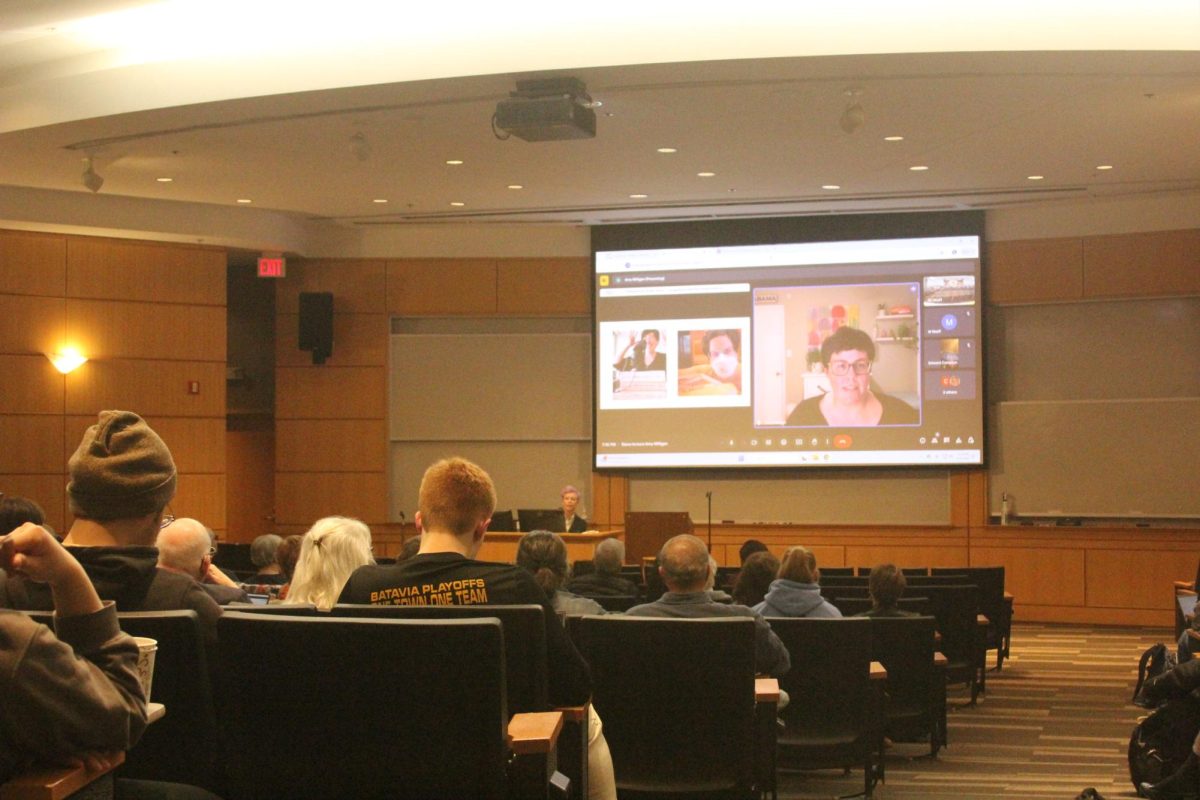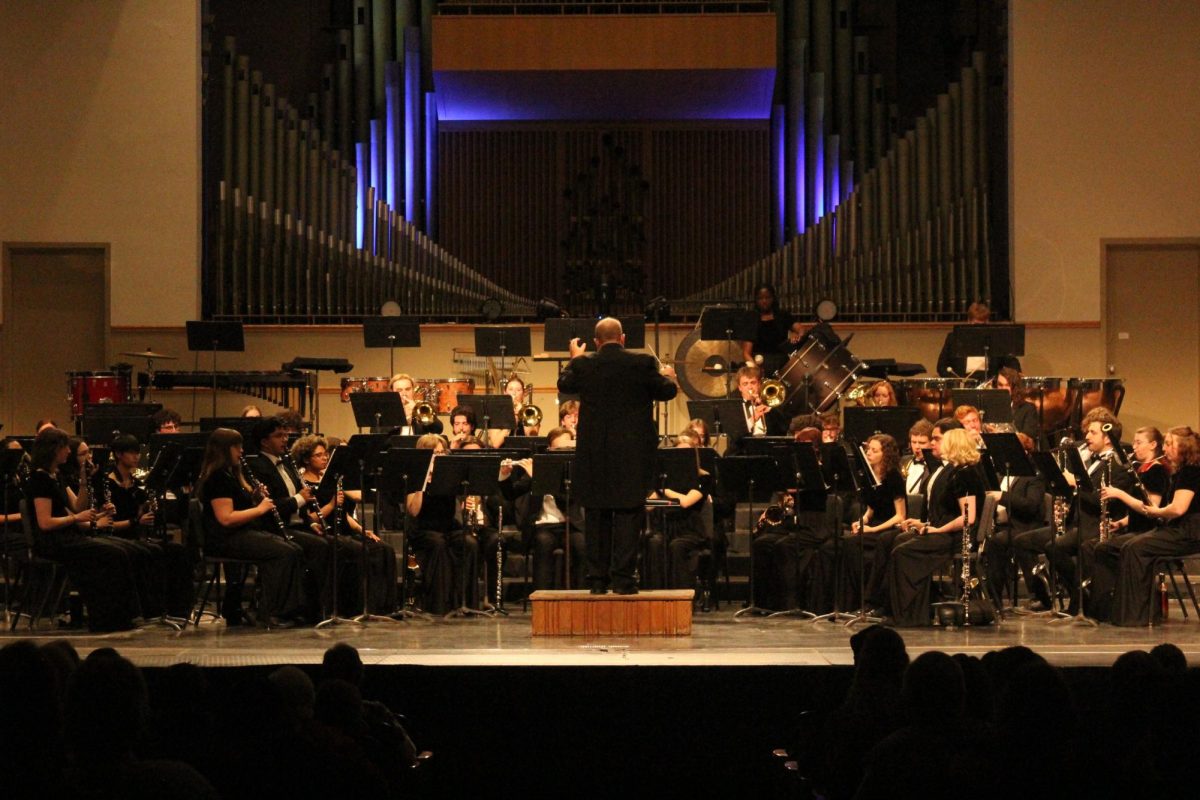Nine years after the original release of “1989” by Taylor Swift, “Taylor’s Version” (TV) of the album is out and is a force to be reckoned with. “1989 (TV)” maintains a similar sound to the original, but the five new songs called “vault tracks” that came with the re-release add more depth to the album.
Not only was the original “1989” a departure from Swift’s classic country sound into the world of pop music, but the album also sheds her persona of the small town girl hoping to make it big one day. Nothing shows this better than the opening track, “Welcome to New York,” where Swift sings about finally being in the big city she dreamed of for years.
As a whole, “1989” was a response to the media’s constant criticism surrounding Swift’s love life. The glossy pop beats and vocals in “Style,” “I Know Places” and “New Romantics” represent a shift and present a new message to listeners. Instead of being broken by heartbreak, Swift writes about resilience through heartbreak. Swift sings in “New Romantics,” that “Heartbreak is the national anthem / We sing it proudly.”
“Slut!” is the first vault track on “1989 (TV),” and it includes more of Swift’s response to the public and media’s scrutiny of her love life.
In the song she sings, “Love thorns all over this rose / I’ll pay the price, you won’t.” Swift has often been portrayed as sweet on the surface, like a rose, and a crazy ex-girlfriend underneath, which represent her thorns. “Slut!” tells listeners that Swift is aware of how the media and the public view her. The men Swift dates will leave the relationship unscathed, but she will always be remembered for them.
Next up from the vault tracks is “Say Don’t Go,” where Swift sings about desperately not wanting someone to leave. The vault song begins slower but gradually increases in tempo, mirroring Swift’s urgency to stop the person she loves from leaving.
The third song from the vault, “Now That We Don’t Talk,” is Swift’s shortest song to date. The repetitive beats bring to mind songs people might’ve danced to at a disco in the 1970s. Swift uses clever lyrics like, “I don’t have to pretend I like acid rock / Or that I’d like to be on a mega yacht / With important men who think important thoughts / Guess maybe I am better off now that we don’t talk” to comfort herself over the loss of a relationship.
“Suburban Legends” is full of futuristic-sounding beats and chimes that make you want to dance. But lyrics like, “you kiss me in a way that’s gonna screw me up forever” are at odds with the production and melody. From the beginning of the song, it seems as if the love story Swift writes about is doomed. However, the melody is eerily reminiscent of “Mastermind,” the 13th song on “Midnights,” which hints that this relationship might one day find its way back together. In “Mastermind” Swift sings about knowing she would end up with her significant other all along, which hints at a happier ending to “Suburban Legends.”
The best of the vault songs seem to be saved for last with “Is It Over Now?” The intro is almost dizzying, beginning with synth beats and percussive sounds. Swift once again seems to take inspiration for this song from the style of “Midnights.” “Is It Over Now?” mirrors “Labyrinth,” the 10th track on “Midnights” in style and production. “Is It Over Now?” is the aftermath of a breakup, and a continuation of the story that “Out of The Woods” presents. Truthfully though, I enjoyed this vault song the most because of the honesty of the lyrics.
Swift writes, “At least I had the decency / To keep my nights out of sight / Only rumors ’bout my hips and thighs / And my whispered sighs.” Once again, Swift calls out the public perception of her dating life as well as the sexism she has faced in the past couple of years in the spotlight.
The five vault songs complete “1989 (TV)” and correct some storytelling gaps that were left by the original songs. The combination of Swift’s lyrics from 2014 and the production of the “Midnights” era lead to a surprisingly cohesive end to an already triumphant album.






































































































